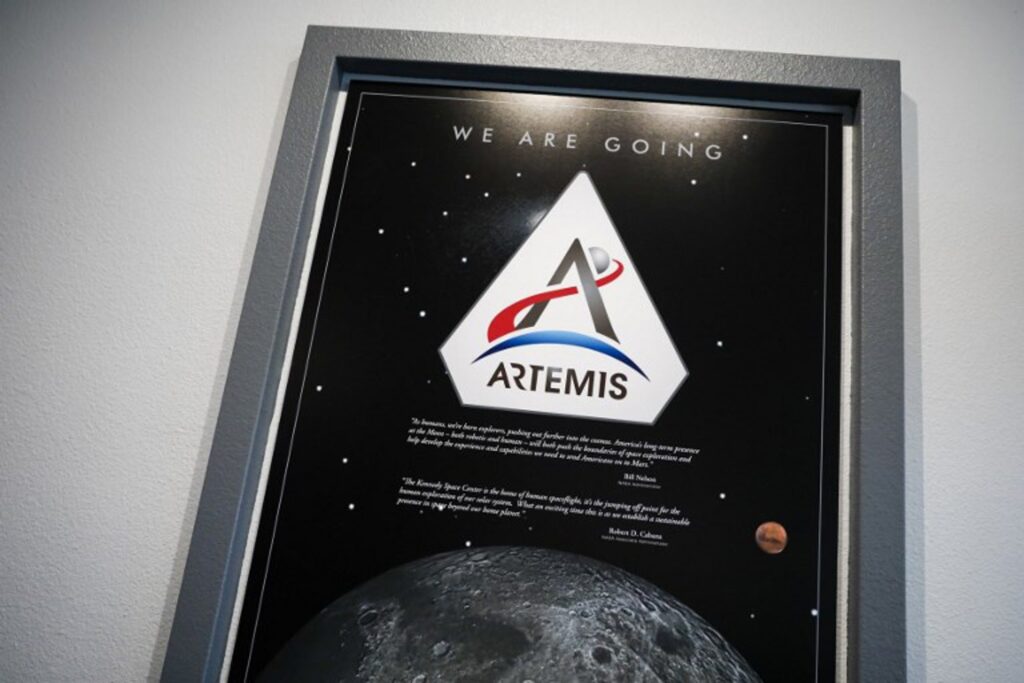Belgium signed the NASA-led Artemis accords on Tuesday, ushering in a new chapter in the exploration of the Moon, Mars, comets and asteroids.
Intended to pave the way for Belgian candidate astronaut Raphaël Liégeois to journey to the Mmoon, the agreement is a vital yet insufficient condition, said Thomas Dermine, Secretary of State for Science Policy. Several hurdles still need overcoming, he acknowledged.
Liégeois’s initial mission, planned on completion of his training in Spring, is projected to be an International Space Station (ISS) flight between 2026 and 2030.
“The accords will also afford new opportunities for our globally recognised space sector companies,” Foreign Minister Hadja Lahbib stressed at a ceremony held at the Royal Museums of Fine Arts. Attendees included US representatives and Belgium’s second space traveller, Frank De Winne, head of European astronaut training in Cologne.
Launched by the United States and NASA in 2020, the Artemis accords establish principles for cooperation in peaceful civilian space exploration. They now bear the signatures of 34 countries, including Belgium.
These principles range from promoting peaceful objectives and transparency to issues surrounding spacecraft registration, the dissemination of scientific data and space heritage preservation.
The Artemis exploration programme has its roots in the 2022 Orion spacecraft test flight around the moon. It seeks to return humans to the lunar landscape for the first time since 1972 and is now scheduled for September 2026.
Belgium’s budgetary involvement with the Artemis initiative stems from its contribution to the European Space Agency (ESA). It also seeks to promote an international multilateral legal framework for fair access to and safe, sustainable use of space resources, according to the government.

